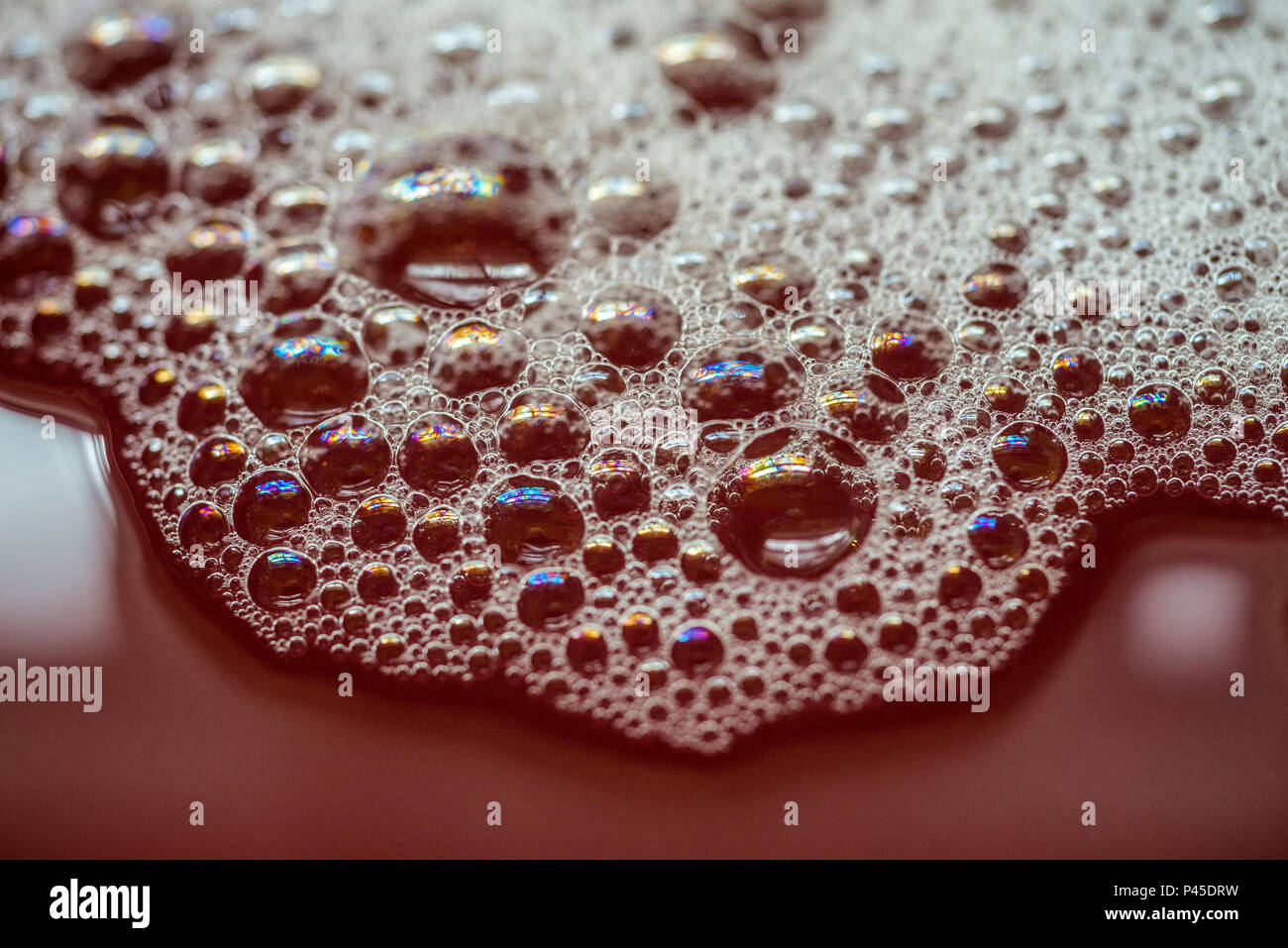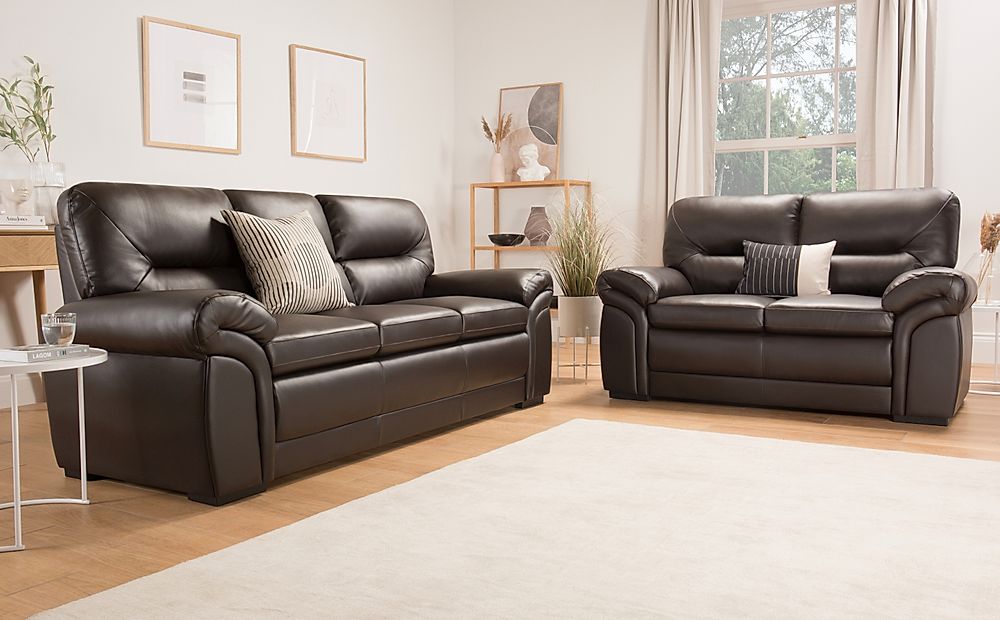1. How to Fix a Gurgling Kitchen Sink
If you're tired of the constant gurgling and bubbling noises coming from your kitchen sink, you're not alone. These sounds can be not only annoying but also a sign of a larger issue with your plumbing. The good news is that there are several simple solutions to fix a gurgling kitchen sink and bring peace and quiet back to your home.
The first step in fixing a gurgling kitchen sink is to identify the cause. Often, the issue can be traced back to a clogged drain or vent pipe. If you have a garbage disposal, make sure it is not obstructing the drain and causing water to back up. If that's not the case, check your vent pipe for any blockages, such as leaves or debris. Clearing these obstructions should stop the gurgling noise.
If the gurgling persists, you may have a more serious problem, such as a blocked sewer line. In this case, it's best to call a professional plumber to assess and address the issue.
2. Troubleshooting Noisy Kitchen Sinks
Noisy kitchen sinks can be a nuisance and disrupt your daily routine. Whether it's the constant gurgling or a loud banging sound when you turn on the faucet, there are a few troubleshooting steps you can take to determine the cause and find a solution.
First, check the water pressure. If it's too high, it can cause loud banging noises when you turn on the faucet. Adjust the water pressure using the shut-off valve under the sink.
If the noise is coming from the pipes, try adding insulation to reduce the sound. You can also try tightening any loose pipes or replacing worn-out washers or gaskets. If these solutions don't work, it's best to call a professional plumber to diagnose and fix the problem.
3. Common Causes of a Noisy Kitchen Sink
There are several common causes of a noisy kitchen sink, and identifying the source can help you find the right solution.
One of the most common culprits is a clogged drain. When food particles and other debris build up in the drain, it can cause a gurgling sound. Another cause could be a blocked vent pipe, which can lead to air being trapped in the drain and creating a gurgling noise.
Additionally, worn-out or faulty plumbing components, such as washers or gaskets, can cause loud banging noises when water flows through them. It's important to regularly check and replace these parts to prevent noisy sinks.
4. How to Stop a Kitchen Sink from Bubbling
If your kitchen sink is constantly bubbling, it could be a sign of a larger issue with your plumbing. The first step to stopping the bubbles is to check for any blockages in the drain or vent pipe. Clearing these obstructions should stop the bubbling and improve the flow of water.
Another potential cause of bubbling is a clogged air gap. The air gap is a small device located next to the faucet that prevents dirty water from flowing back into the sink. If it's clogged, it can cause bubbles to form in the sink. Simply cleaning it out should solve the problem.
If the bubbling persists, it's best to call a plumber to diagnose and fix the issue to prevent any further damage to your plumbing system.
5. Why is My Kitchen Sink Making Gurgling Noises?
If your kitchen sink is making gurgling noises, it could be due to a few different causes. One of the most common is a clogged drain or vent pipe, which can trap air and create the gurgling sound. Another potential cause could be a blocked air gap, which can also lead to gurgling noises.
In some cases, the gurgling may be a sign of a more serious issue, such as a blocked sewer line. If you've tried clearing any obstructions and the gurgling persists, it's best to call a plumber to assess and address the issue.
Regular maintenance and cleaning of your plumbing system can help prevent gurgling noises and keep your kitchen sink running smoothly.
6. How to Quiet a Noisy Kitchen Sink
While some level of noise is normal for a kitchen sink, excessive noise can be a sign of a problem. If you're looking to quiet a noisy kitchen sink, there are a few steps you can take.
First, try adjusting the water pressure using the shut-off valve under the sink. High water pressure can cause loud banging noises when the faucet is turned on. Additionally, adding insulation to the pipes can help reduce noise.
If the noise is coming from a loose pipe or faulty plumbing component, such as a washer or gasket, tighten or replace them to see if that solves the issue. If not, it's best to consult a plumber for further assistance.
7. What Causes a Kitchen Sink to Bubble?
A kitchen sink that bubbles is often a sign of a clogged drain or vent pipe. When debris or other obstructions block the flow of water, air can become trapped in the pipes, causing bubbles to form in the sink.
Another potential cause of bubbles is a clogged air gap. This small device next to the faucet prevents dirty water from flowing back into the sink. If it's clogged, it can cause bubbles to form. Simply cleaning it out should stop the bubbles.
If the problem persists, it's best to call a plumber to diagnose and fix the issue to prevent any further damage to your plumbing system.
8. How to Fix a Noisy Kitchen Sink Drain
A noisy kitchen sink drain can be a result of several different issues. If you notice a loud gurgling or banging noise coming from the drain, the first step is to check for any blockages in the drain or vent pipe. Clearing these obstructions should stop the noise and improve water flow.
If the noise is coming from a loose or worn-out component, such as a washer or gasket, tighten or replace it to see if that solves the issue. If not, it's best to consult a plumber for further assistance.
Regular cleaning and maintenance of your kitchen sink drain can help prevent noisy drains and keep your plumbing system functioning properly.
9. Tips for Reducing Kitchen Sink Noise
Dealing with a noisy kitchen sink can be frustrating, but there are a few tips you can follow to reduce the noise and keep your kitchen sink running smoothly.
Regularly clean and maintain your plumbing system to prevent clogs and obstructions that can lead to noisy sinks. This includes cleaning out the drain and vent pipes, as well as the air gap.
Additionally, consider adding insulation to the pipes to reduce noise. And if you're experiencing high water pressure, try adjusting it using the shut-off valve under the sink.
Following these tips can help reduce kitchen sink noise and create a more peaceful environment in your home.
10. How to Prevent Bubbles in Your Kitchen Sink
Bubbles in the kitchen sink are often a sign of a clogged drain or vent pipe. To prevent bubbles from forming, it's important to regularly maintain and clean your plumbing system.
Clear any obstructions in the drain and vent pipes to allow for proper water flow and prevent air from becoming trapped. You should also regularly clean out the air gap to prevent clogs and blockages.
Additionally, be mindful of what you put down your kitchen sink. Avoid pouring grease, oil, and food scraps down the drain, as these can lead to clogs and noisy sinks.
Why Your Kitchen Sink Constantly Bubbles and Makes Noise
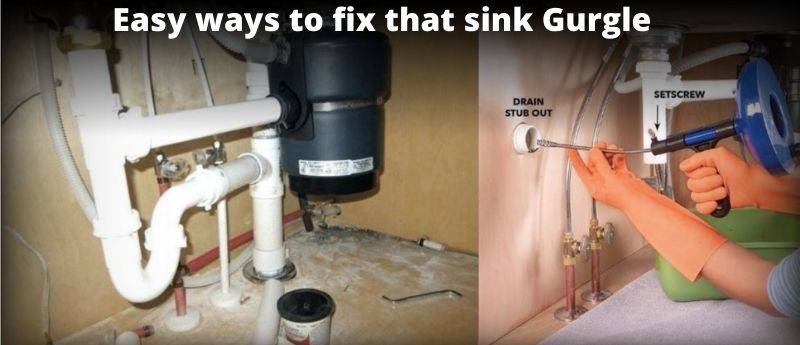
The Importance of a Functional Kitchen Sink
 The kitchen sink is an essential part of any home, used multiple times a day for various tasks such as washing dishes, rinsing fruits and vegetables, and even filling up pots with water for cooking. That's why it's important to have a functional and reliable sink in your kitchen. However, if you notice that your sink is constantly bubbling and making strange noises, it may be a sign of a bigger issue that needs to be addressed.
The kitchen sink is an essential part of any home, used multiple times a day for various tasks such as washing dishes, rinsing fruits and vegetables, and even filling up pots with water for cooking. That's why it's important to have a functional and reliable sink in your kitchen. However, if you notice that your sink is constantly bubbling and making strange noises, it may be a sign of a bigger issue that needs to be addressed.
The Causes of Bubbling and Noisy Sinks
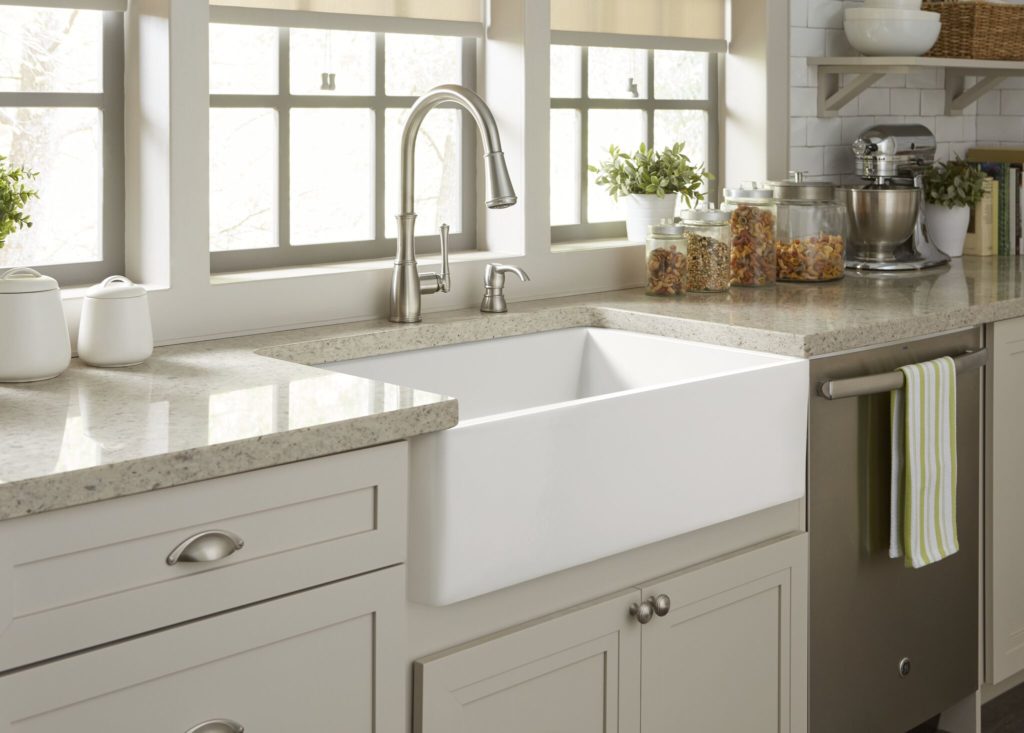 Bubbling and noise in your kitchen sink can be caused by a few different factors, and it's important to identify the root cause in order to fix the issue. One common cause is an airlock in the pipes, which can happen when air gets trapped in the pipes and causes the water to bubble and make noise as it tries to escape. This can also occur if there is a clog or blockage in the pipes, causing air to get trapped.
Another possible cause of a constantly bubbling and noisy sink is a faulty venting system. The venting system in your plumbing is responsible for allowing air to escape as water flows through the pipes. If the vent is clogged or damaged, it can cause air to get trapped and result in bubbling and noise in your sink.
Bubbling and noise in your kitchen sink can be caused by a few different factors, and it's important to identify the root cause in order to fix the issue. One common cause is an airlock in the pipes, which can happen when air gets trapped in the pipes and causes the water to bubble and make noise as it tries to escape. This can also occur if there is a clog or blockage in the pipes, causing air to get trapped.
Another possible cause of a constantly bubbling and noisy sink is a faulty venting system. The venting system in your plumbing is responsible for allowing air to escape as water flows through the pipes. If the vent is clogged or damaged, it can cause air to get trapped and result in bubbling and noise in your sink.
How to Fix the Issue
 If you're experiencing a constantly bubbling and noisy sink, it's best to consult a professional plumber to properly diagnose and fix the issue. They will be able to identify the root cause and provide the necessary repairs to ensure your sink functions properly.
In some cases, the issue may be as simple as clearing a clog or blockage in the pipes. However, if the issue is due to a faulty venting system, it may require more extensive repairs. It's important to address the issue as soon as possible to prevent any further damage to your plumbing.
Remember, a functional kitchen sink is key to a well-designed and efficient kitchen.
If you notice any bubbling or noise in your sink, don't ignore it and seek professional help to get it fixed. This will not only ensure your sink works properly, but it will also prevent any potential water damage in your home.
If you're experiencing a constantly bubbling and noisy sink, it's best to consult a professional plumber to properly diagnose and fix the issue. They will be able to identify the root cause and provide the necessary repairs to ensure your sink functions properly.
In some cases, the issue may be as simple as clearing a clog or blockage in the pipes. However, if the issue is due to a faulty venting system, it may require more extensive repairs. It's important to address the issue as soon as possible to prevent any further damage to your plumbing.
Remember, a functional kitchen sink is key to a well-designed and efficient kitchen.
If you notice any bubbling or noise in your sink, don't ignore it and seek professional help to get it fixed. This will not only ensure your sink works properly, but it will also prevent any potential water damage in your home.
In Conclusion
 In conclusion, a constantly bubbling and noisy kitchen sink can be a sign of a bigger issue that requires professional attention. By understanding the potential causes and seeking timely repairs, you can ensure your sink functions properly and maintain a well-designed and efficient kitchen.
In conclusion, a constantly bubbling and noisy kitchen sink can be a sign of a bigger issue that requires professional attention. By understanding the potential causes and seeking timely repairs, you can ensure your sink functions properly and maintain a well-designed and efficient kitchen.
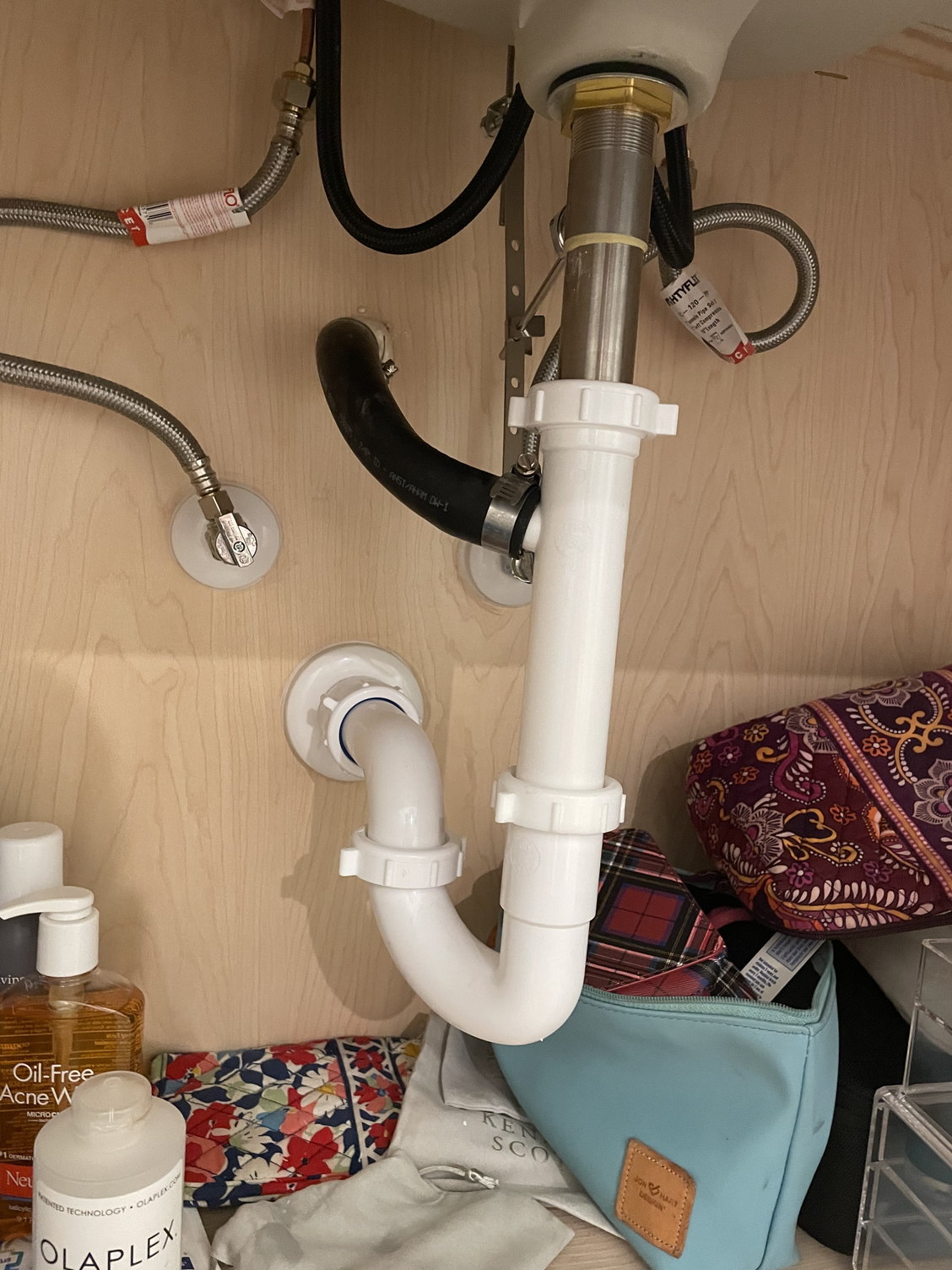





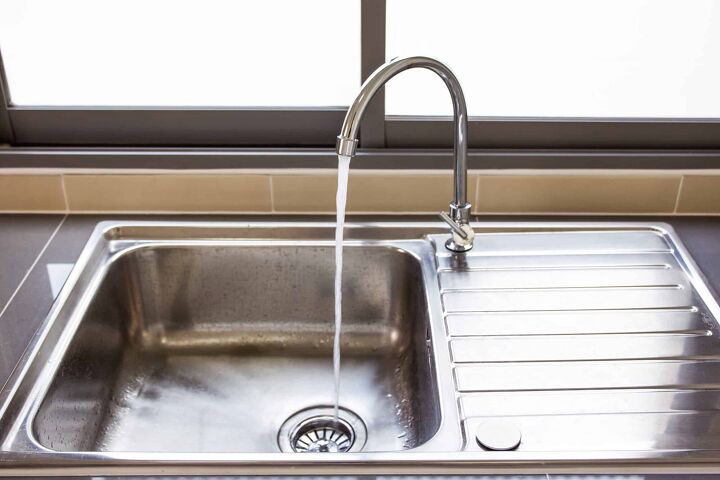

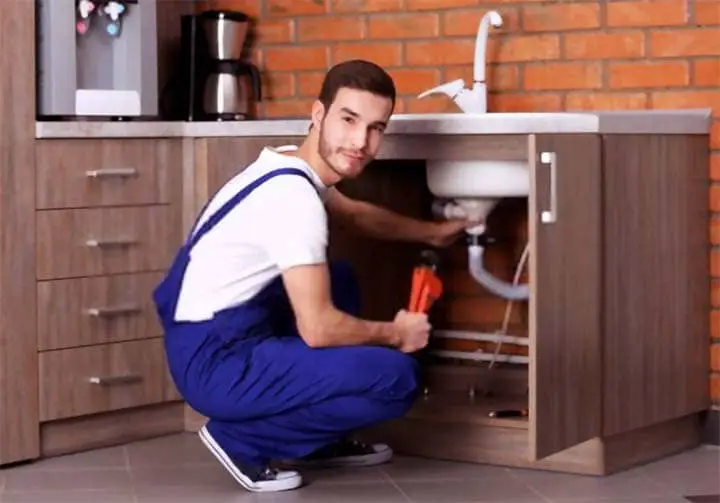

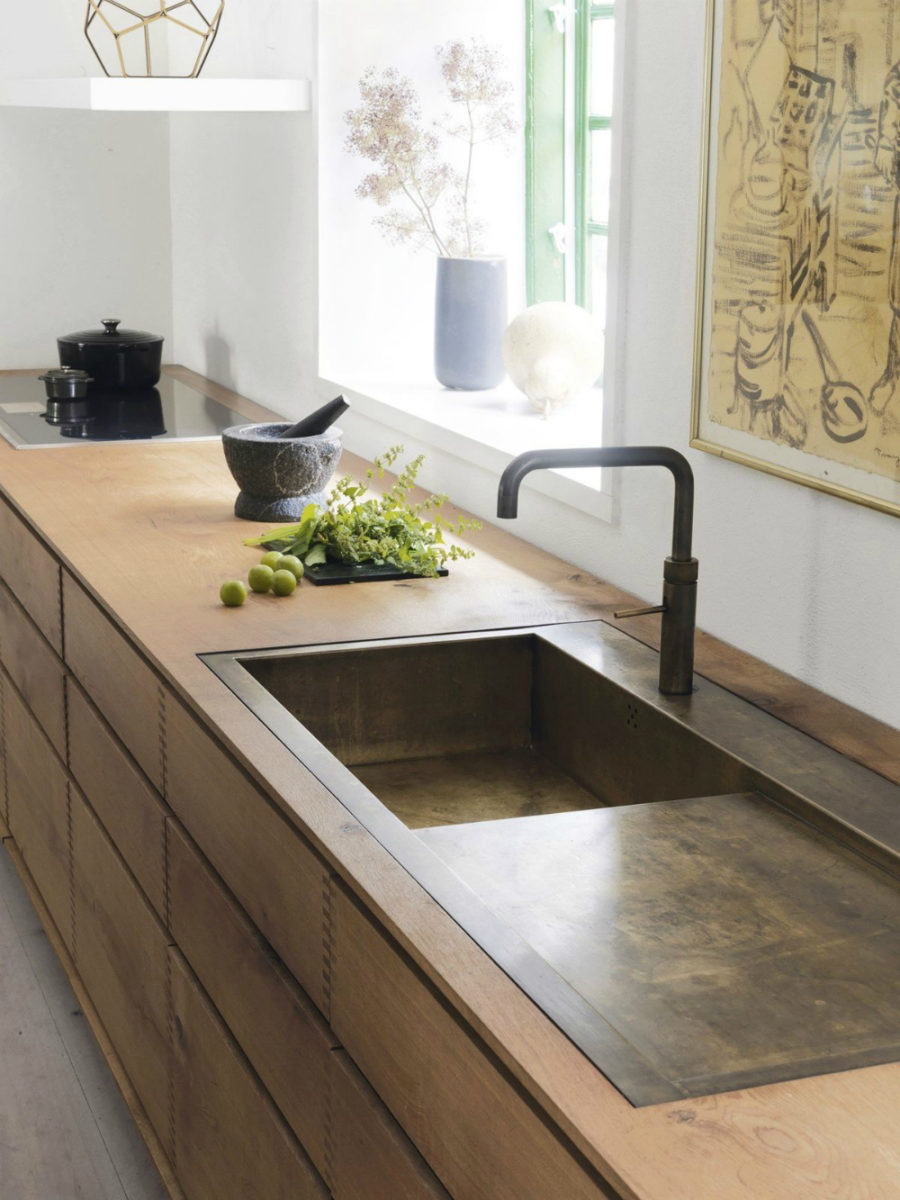




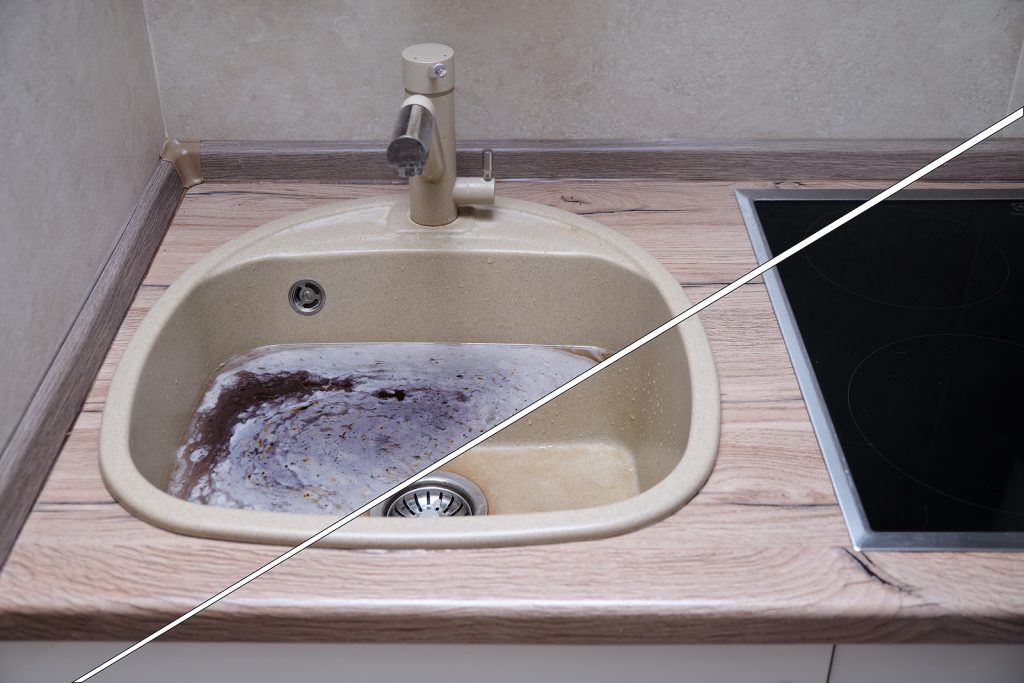










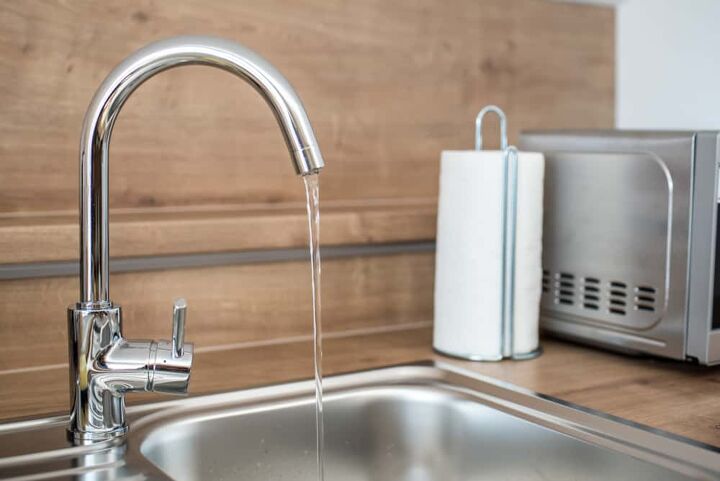




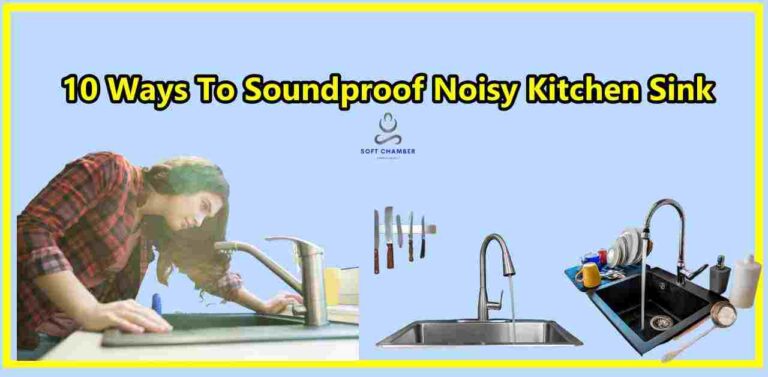





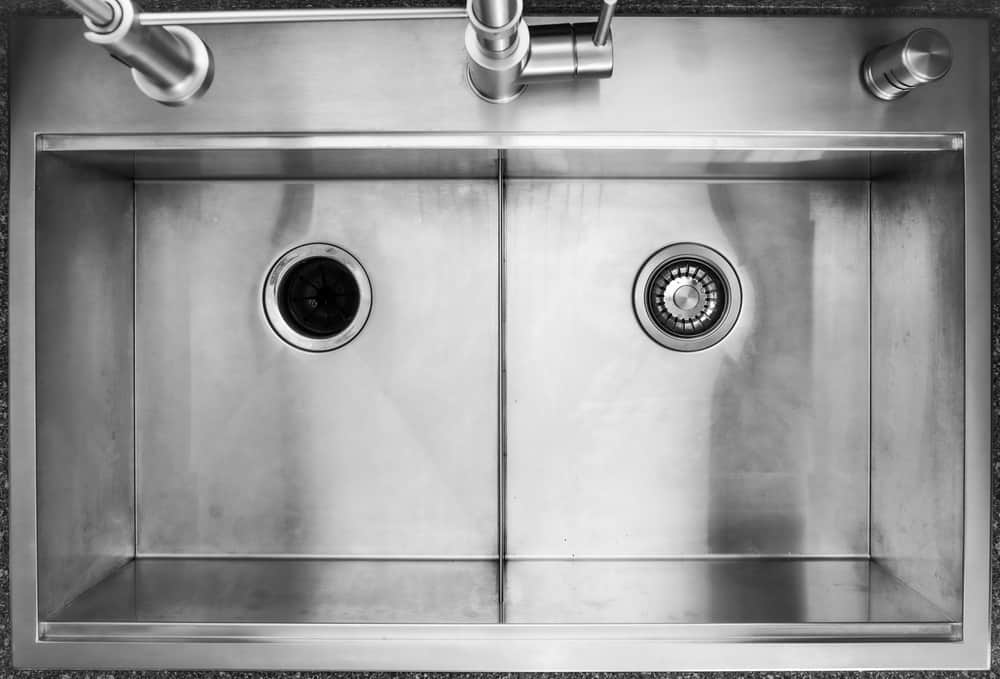
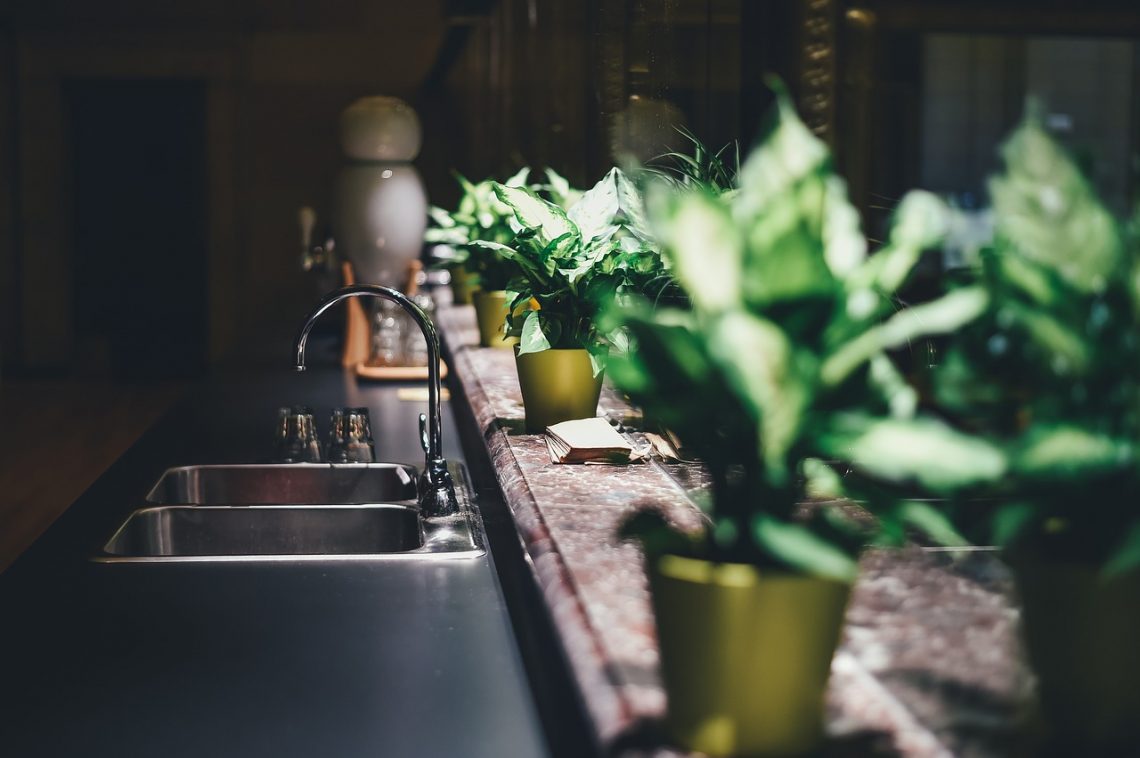







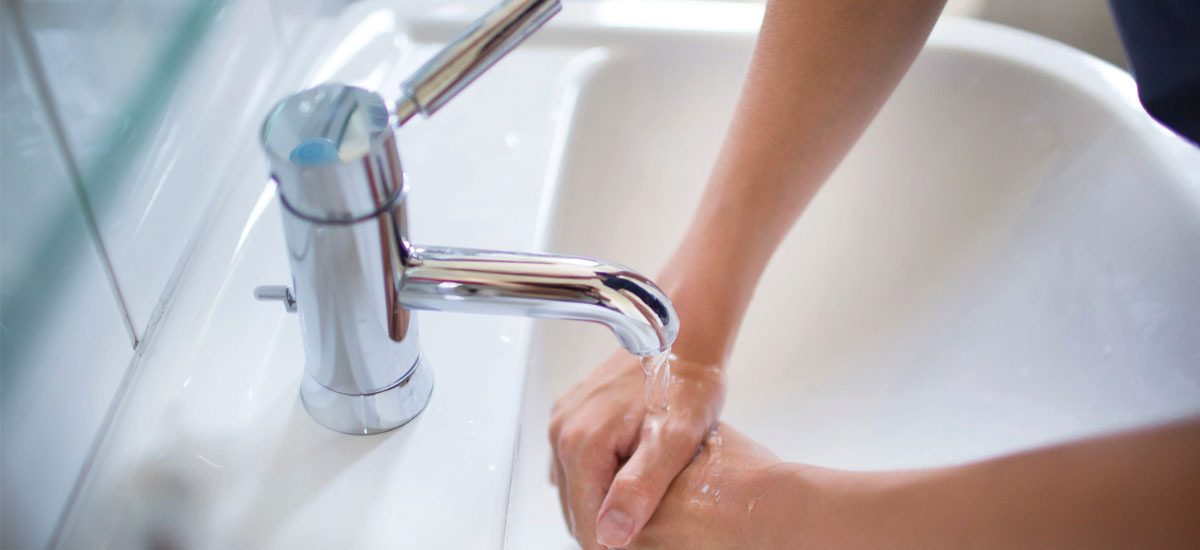


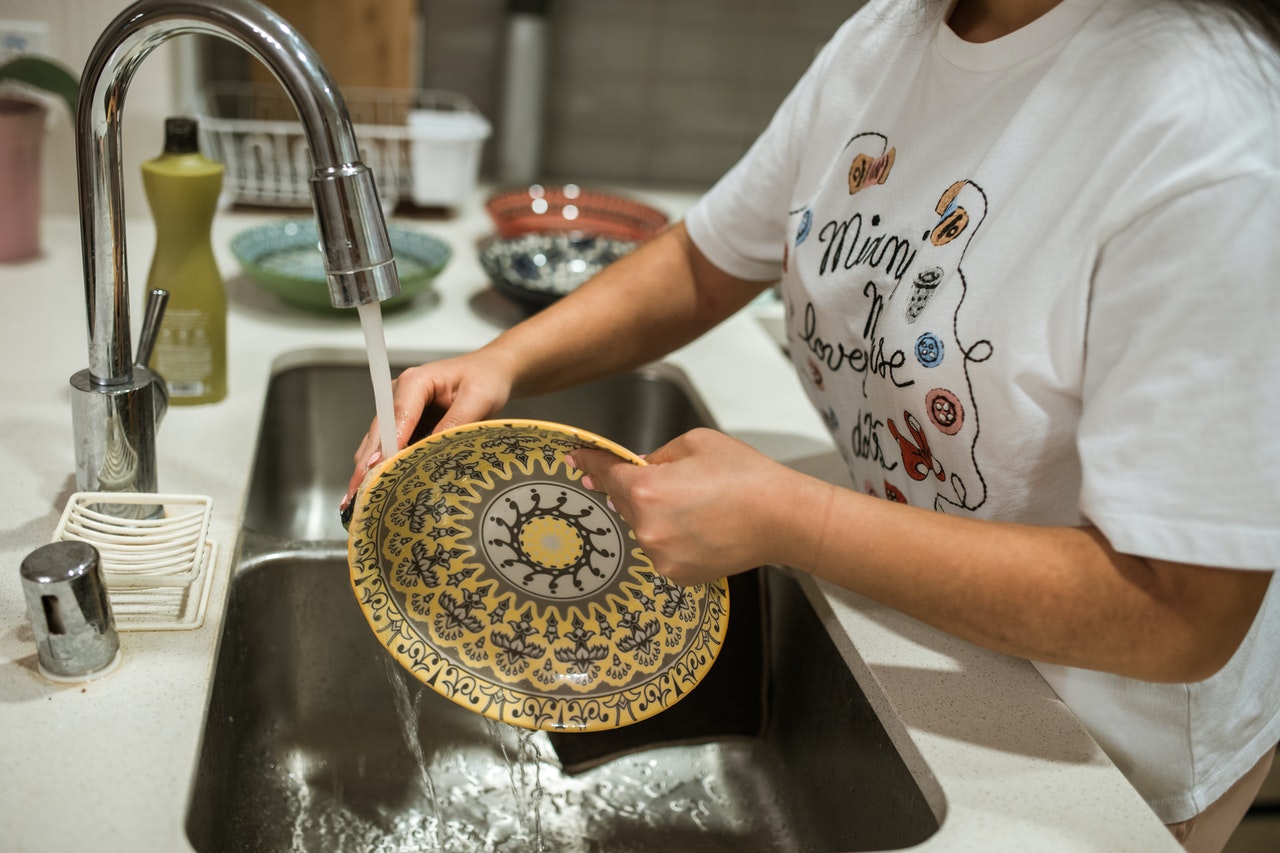
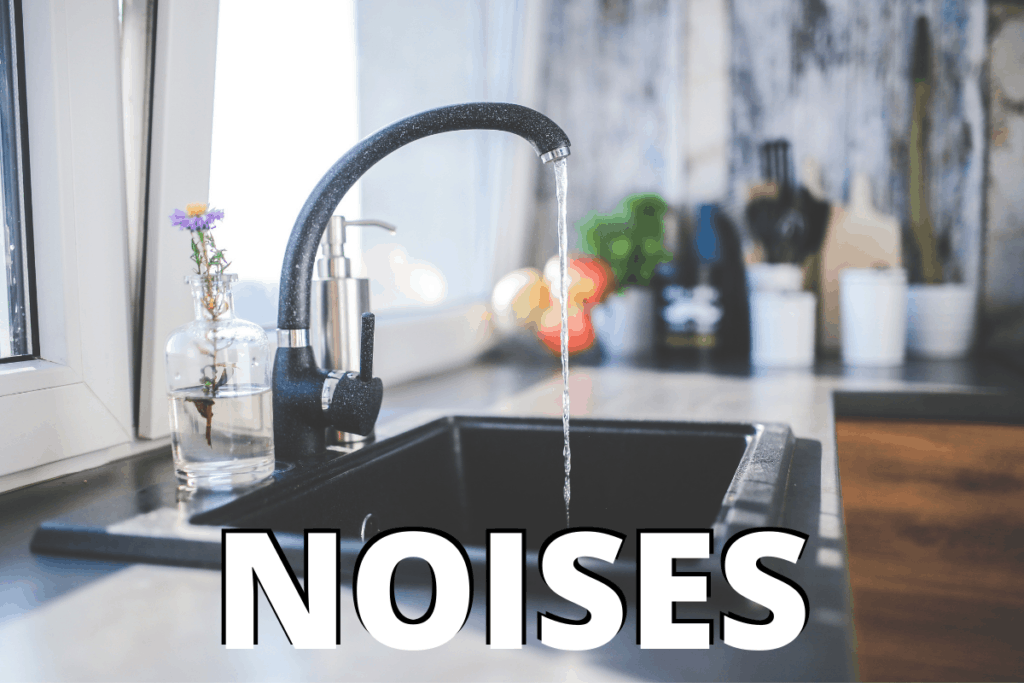





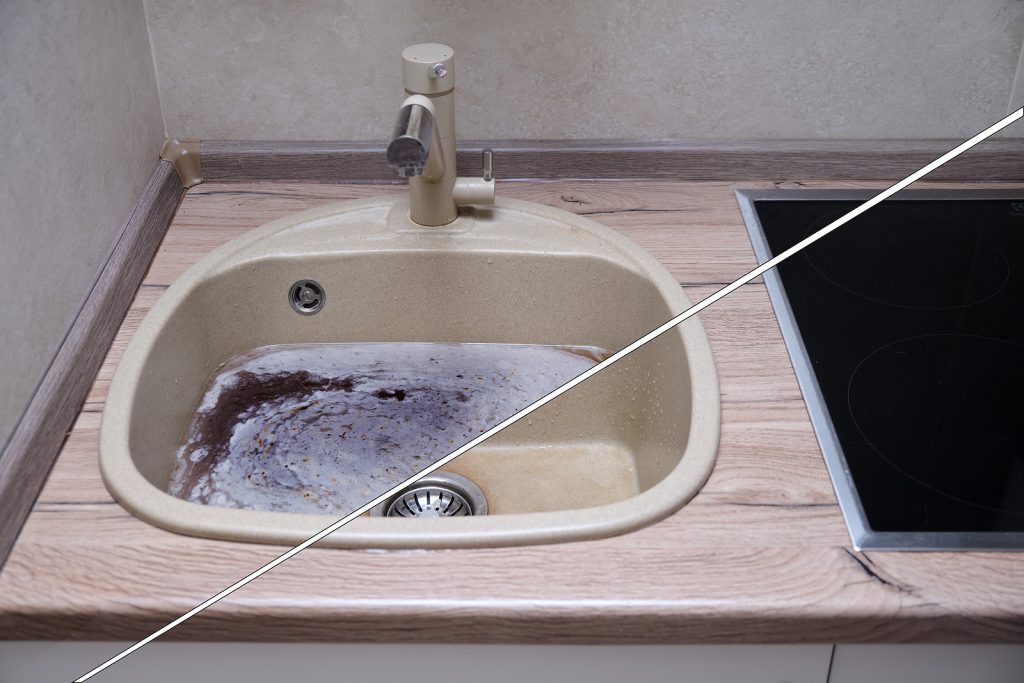












:max_bytes(150000):strip_icc()/how-to-install-a-sink-drain-2718789-hero-24e898006ed94c9593a2a268b57989a3.jpg)





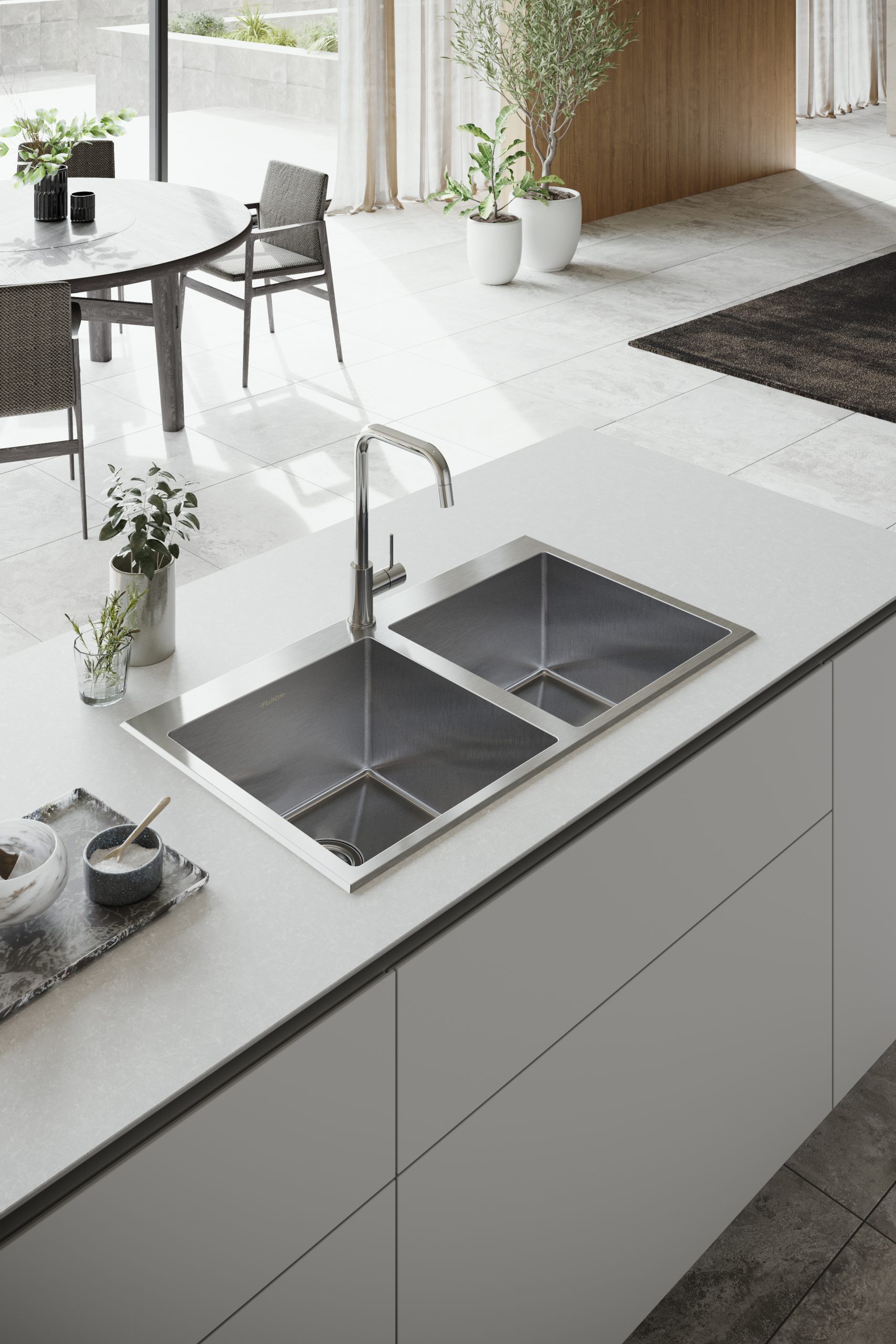




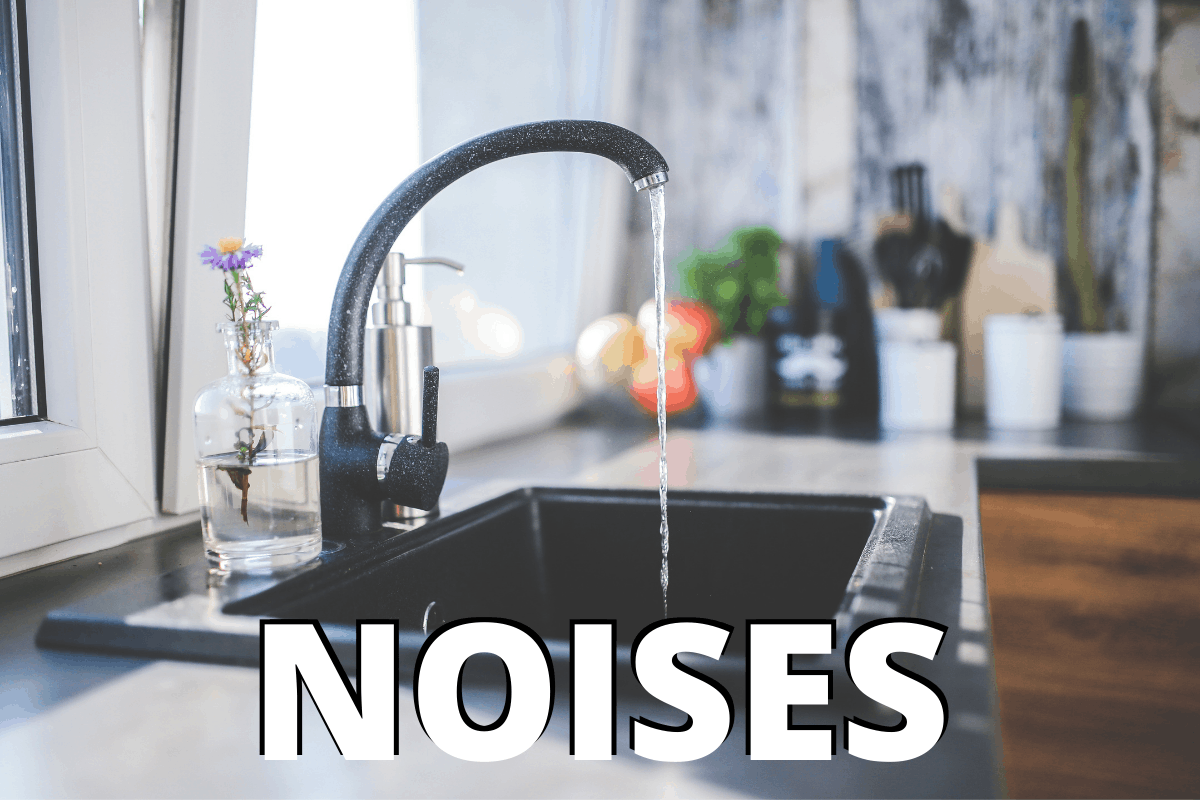
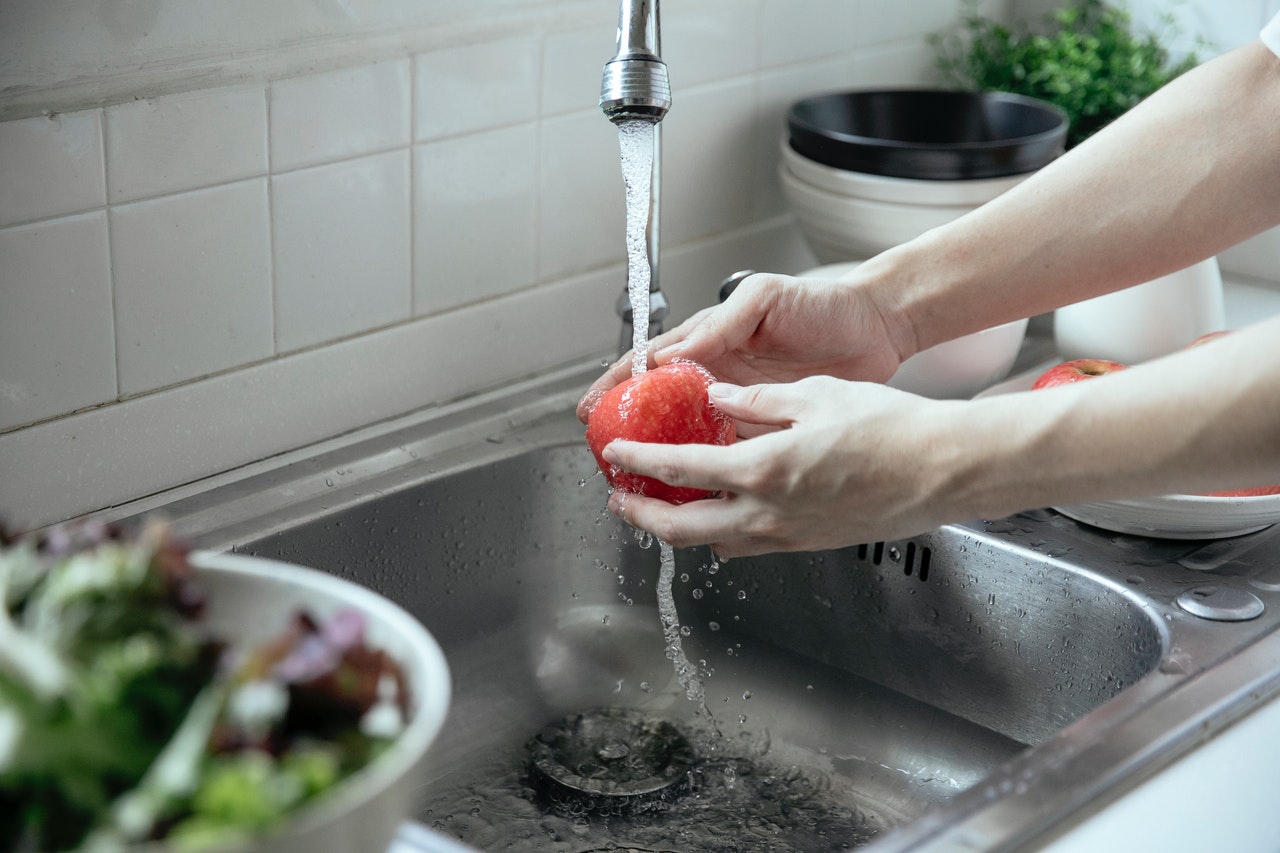

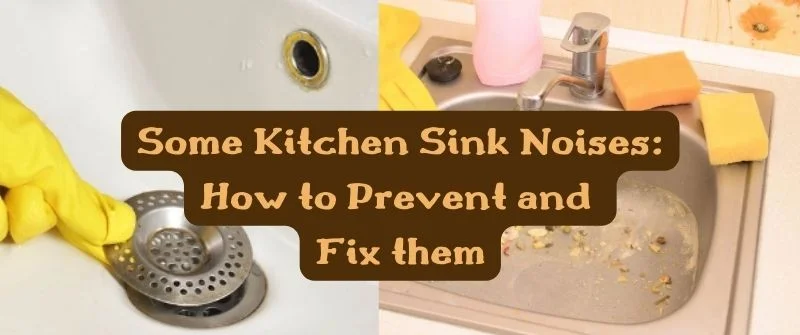





:max_bytes(150000):strip_icc()/Basic-kitchen-sink-types-1821207_color_rev-0b539306b9ef4236a136624ad2a89a4c.jpg)





